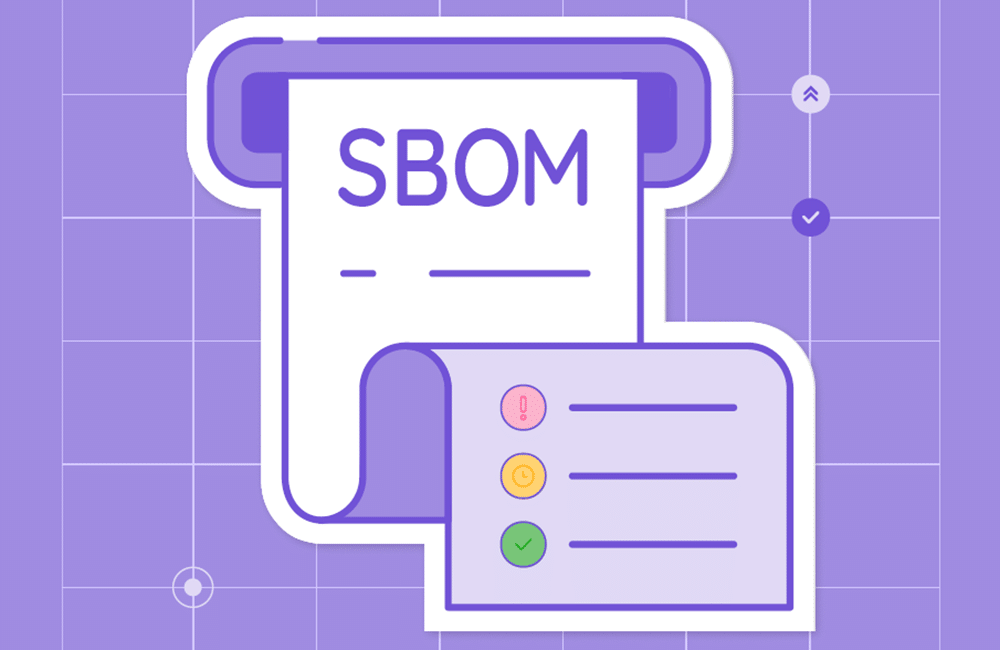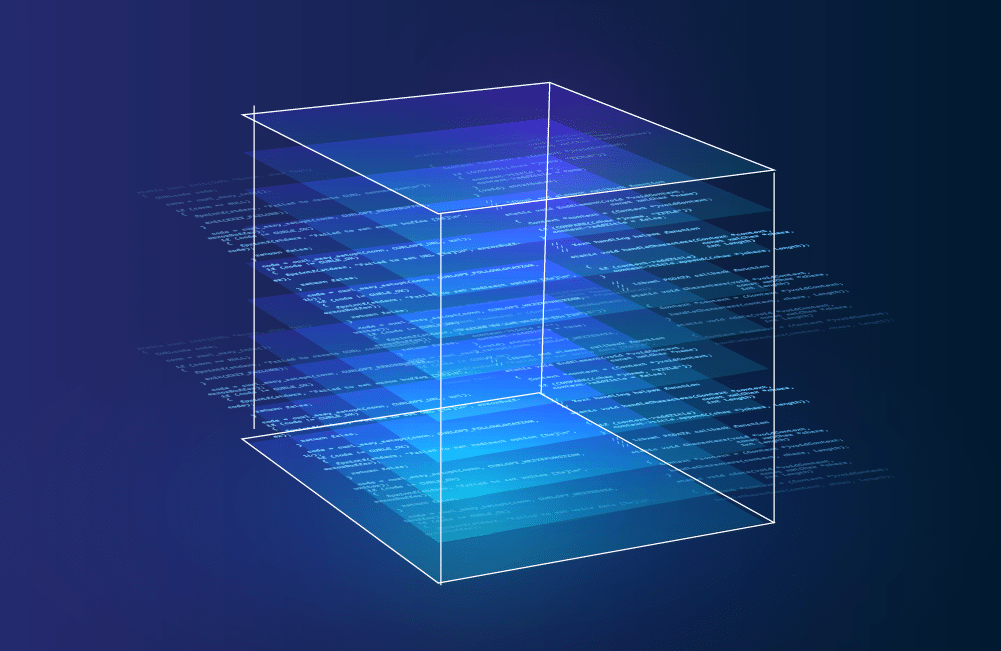The Challenges for License Compliance and Copyright with AI

Table of Contents
AI-powered code generation is reshaping software development, promising to boost efficiency and innovation. But as this technology gallops forward, the legal landscape remains a dusty, uncharted territory. With policymakers struggling to keep pace, organizations face a daunting choice: embrace the potential of AI or tread cautiously in this legal minefield.The question isn’t whether AI will revolutionize coding, but how we can navigate the risks and uncertainties to harness its power responsibly.
This article is part of a series of articles about Open Source License Compliance
Disclaimer: A rapidly evolving landscape
While the implications of AI-generated code are global, this discussion centers on the United States, the epicenter of AI development and subsequent legal battles. It’s crucial to remember that legal frameworks in other countries may vary significantly.
We’re not legal experts and this content doesn’t constitute legal advice. Moreover, the AI landscape is in constant flux.Laws, regulations, and court decisions are evolving rapidly, making it challenging to provide definitive answers.
With those caveats in mind, let’s tackle the burning questions developers have about using AI-generated code.
Can I be sued?
Developers who use AI-generated code that is often trained on open source software, face a complex legal landscape. Concerns about copyright infringement and license compliance loom large. While the worst-case scenario involves a restrictive GPL license, even a simple attribution requirement can be challenging. Tracking AI-generated code and identifying its open source origins remains a daunting task without reliable tools. However, a recent announcement from Microsoft offers some relief to GitHub Copilot users, promising legal support for those using the tool responsibly.
According to Microsoft, “As customers ask whether they can use Microsoft’s Copilot services and the output they generate without worrying about copyright claims, we are providing a straightforward answer: yes, you can, and if you are challenged on copyright grounds, we will assume responsibility for the potential legal risks involved.“
That doesn’t mean the law is guaranteed to settle on Microsoft’s side, but it does signal loudly that they’re confident they have a strong legal case. A lawsuit alleging Microsoft, GitHub, and OpenAI infringed on open source licenses and copyrights when training their models is working its way through the U.S. legal system and likely will be for some time. Microsoft argues that anyone has a right to look over public code on GitHub to understand and learn from it and even write similar — but not outright copied -– code, and that includes their models. OpenAI hasn’t promised to pay legal fees for its users, but if Microsoft’s argument holds up, it will be good news for OpenAI and its users too.
Can I sue?
The legal landscape surrounding AI-generated code is murky. Currently, AI-created content isn’t eligible for copyright in the U.S. While companies like OpenAI claim to transfer ownership to users, the reality is complex.
For software incorporating AI-generated code, copyright protection hinges on human involvement. Substantial human authorship is crucial. However, determining the exact threshold is unclear. The U.S. Copyright Office requires disclosure of AI-generated content, but specific guidelines for software are still evolving.
To mitigate risks, carefully document AI-generated code within your project. This could be crucial for future copyright applications or potential legal disputes. Ultimately, deciding whether to use AI-generated code involves weighing the potential benefits against the legal uncertainties.






